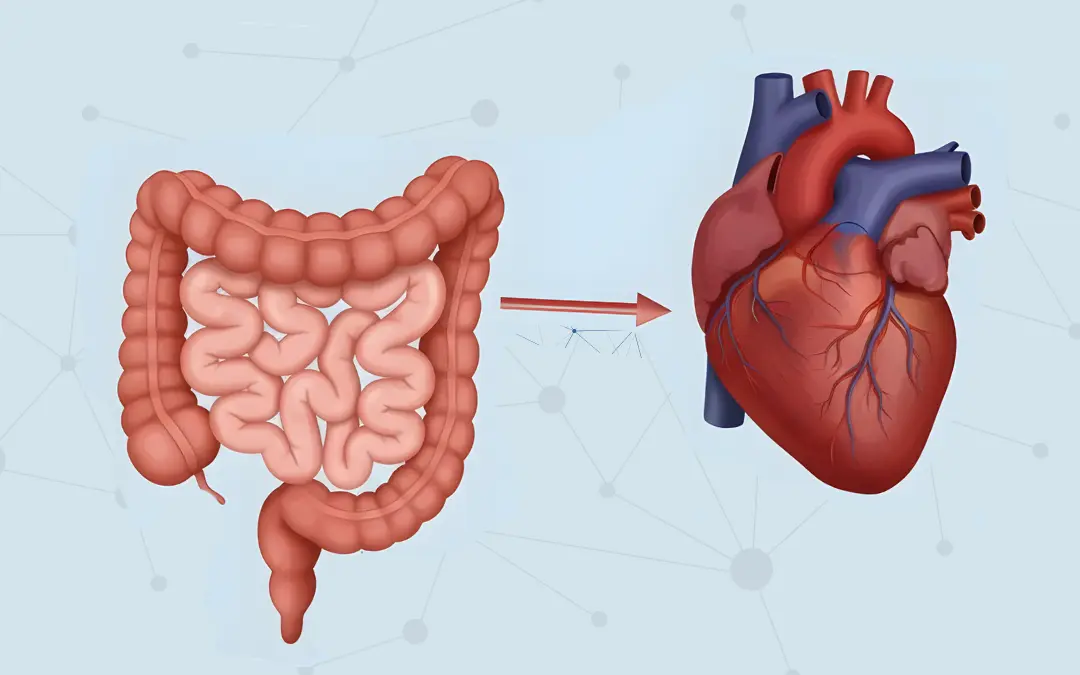- Written by Dr. Keshavan Nambisan, Co-Founder & Chief Medical Officer of UWAY Health
Understanding Ayurveda's Perspective on Cancer
We frequently receive two main questions about cancer treatment at UWAY. Many caregivers often call us to ask these questions, and we also get numerous inquiries about them through other channels.
Does Ayurveda reference cancer?
- Can Ayurveda treat cancer effectively?
References to Cancer in Ayurveda
Ayurvedic texts do not directly refer to cancer but describe conditions that are similar to it, such as ‘Arbuda,’ which translates to tumor or abnormal cell growth. These references can be found in various contexts and can be correlated to several cancer conditions.
Historical Context
We need to understand that the development of cancer treatment and many discoveries in oncology are fairly modern. For instance, the identification of specific cancer types and their biological mechanisms has only been achieved in the last century. Therefore, it is futile to look for a direct reference to these in ancient Ayurvedic medical texts.
Conditions Similar to Cancer in Ayurveda
Ayurveda does describe various conditions that can be associated with cancer-like symptoms. For example, ‘Arbuda’ refers to tumors that can appear in different parts of the body, both internally and externally. The texts also mention severe conditions involving abnormal cell growth, which can affect the bloodstream and other vital organs.
While Ayurveda may not have specific references to what we now classify as cancer, it does discuss many conditions that resemble modern cancer in different contexts.
Ayurveda's Multi-Level Approach to Cancer Care
Ayurveda employs a comprehensive, multi-tiered strategy to manage cancer, focusing on preventive, stabilising, and curative measures.
Preventive Care
For individuals with a family history of cancer, ayurvedic preventive measures can play a crucial role. Preventive management involves lifestyle modifications, dietary regulations, and herbal remedies to mitigate the risk of cancer development. These measures aim to maintain balance among the body’s doshas (Vata, Pitta, and Kapha), which is central to Ayurvedic philosophy.
Stabilising Care
In cases where cancer has already developed, stabilising care focuses on managing symptoms and preventing further progression. This involves a combination of dietary adjustments, medications which involve classical Ayurveda drugs , and lifestyle changes designed to support the body’s natural healing processes and enhance overall well-being.
Curative Care
The curative level is a big potential space in Ayurveda where standalone Ayurvedic treatment or integrative management with allopathic medication can be done to achieve optimum results. This integrative method aims to optimise treatment outcomes by leveraging the strengths of both systems. Ayurvedic treatments focus on restoring balance to the doshas and enhancing the body’s inherent ability to heal.
Ayurveda’s Immunomodulatory Care
One of the significant contributions of Ayurveda to cancer care is its focus on immunomodulatory treatments. These treatments aim to boost the immune system, enabling it to fight cancer more effectively. This approach is somewhat similar to modern immunotherapy, which has gained popularity for its effectiveness in enhancing the body’s immune response to cancer. Wherein the body’s immune system is spruced up to fight cancer rather than the medicines directly acting on cancer.
This gives a lot of stability to people who are in fourth-stage cancer, where traditional medications may have limited efficacy, Ayurvedic immunomodulatory care can provide stability. By strengthening the immune system, patients can experience a slower decline in quality of life and greater resilience against the disease.
Benefits of Ayurvedic Treatment for Cancer
Ayurvedic treatments offer several benefits, particularly in the early stages of cancer:
- Minimal Side Effects: Ayurvedic treatments are known for their low incidence of serious side effects, making them a gentler alternative or complement to conventional therapies.
- Better Tolerance: Patients often tolerate Ayurvedic treatments better, leading to improved overall well-being.
- Reduced Recurrence: Ayurvedic therapies can lower the chances of cancer recurrence and metastasis by addressing the root causes of the disease.
- Enhanced Immune Function: By boosting the immune system, Ayurveda helps fight cancer more effectively, even in advanced stages.
Integrating Ayurveda and Allopathy for Cancer Care

Integrating Ayurvedic treatments with conventional allopathic medicine can yield significant benefits. For instance, Ayurvedic interventions can help mitigate the side effects of chemotherapy and radiation, enhancing patient comfort and outcomes. This combined approach can be particularly beneficial in stages where allopathy alone may not achieve the desired results.
Addressing Myths about Ayurvedic Cancer Treatment
There are several myths surrounding Ayurvedic cancer treatment that need to be addressed:
- Primary Care: A common misconception is that Ayurveda can only manage the side effects of cancer, not treat it directly. In reality, Ayurveda can serve as a primary care option for cancer management.
- Limited Efficacy: Another myth is that the effectiveness of Ayurvedic treatments is limited. However, when used appropriately, Ayurveda can significantly improve treatment outcomes and quality of life.
- Integrative Potential: Many believe Ayurveda is only supplementary. However, it can be integrative, working alongside allopathic medicine for comprehensive cancer care.
Conclusion
Ayurveda offers a holistic and multi-faceted approach to cancer care, focusing on prevention, stabilization, and cure. By integrating Ayurvedic practices with modern medical treatments, patients can achieve better outcomes and an improved quality of life. Cancer care in Ayurveda can be applied as primary management, integrated with conventional treatments, or as long-term preventive immunomodulatory management.
However, it is important to understand that there is no single drug or miracle pill in Ayurveda that can cure cancer. Be cautious of exaggerated claims. Cancer treatment is time-sensitive, and relying on treatments with unverified claims promoted by advertisements can be detrimental to the patient.
UWAY, follows traditional Kerala ayurveda medical protocol with modern diagnostic techniques for better patient outcomes.
Please feel free to contact us at care@uwayhealth.com
About Author

DR. PT Kesavan Nambisan
Dr P.T. Keshavan Nambisan is a renowned Ayurvedic expert and the fifth-generation representative of his family, which has been practising traditional Vaidyas of the Old Malabar region of Kerala for generations. He graduated with a Bachelor of Ayurvedic Medicine and Surgery (BAMS) from Rajiv Gandhi University of Health Sciences.
With over 20 years of experience, Dr Keshavan is known for his expertise in addressing complex, chronic, and progressive illnesses such as autoimmune diseases, cancer, chronic kidney disease, and autism spectrum disorders. Before co-founding UWAY, he served as Deputy Chief Medical Officer at The Arya Vaidya Chikitsalayam (AVP), Coimbatore.







